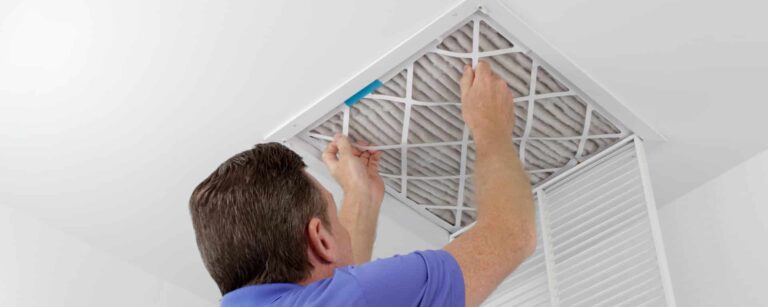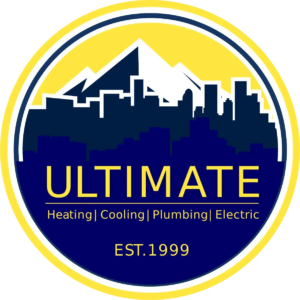Your HVAC unit’s ductwork is an essential component in your heating and cooling system that enables the clean and efficient delivery of air throughout your home. If you are experiencing issues with indoor air quality, excessive dust, or loss of system efficiency, then you may want to consider calling in an HVAC professional to clean your ducts.
When do Denver HVAC companies typically recommend duct cleaning?
According to the Environmental Protection Agency, there is no set time for you to have your ductwork cleaned like you would perform other regular maintenance tasks. Instead, the EPA indicates that you should consider having your ducts cleaned when it is needed. Other experts recommend that you have your ducts cleaned every 3 to 5 years. Either way, there are telltale signs you may need to have your ducts cleaned.
Signs that you may need to have your ducts cleaned:
Mold growth in your HVAC system
Mold growth can be a huge HVAC-related problem, especially in humid climates. If mold is growing on the surface of your ductwork, then it needs to be cleaned as soon as possible. Moreover, your HVAC technician needs to identify the root cause of the mold growth and eliminate that as well.
The presence of vermin
If rodents or other pests have found their way into your duct system, they may have built nests that block airflow. An HVAC professional will need to go in, clean out any nests, droppings, and other vermin-related matter, and seal up the hole from which the vermin infiltrated the unit.
Excessive dust
Another reason why many homeowners decide to have their ducts cleaned is the accumulation of dust and debris throughout the HVAC system. A thorough duct cleaning will eliminate many excess dust particles, and allow you to breathe easier.
Why Should You Consider Duct Cleaning?
• Better indoor air quality
• Clean HVAC ductwork results in the circulation of fewer airborne allergens and other contaminants. As a result, you are able to breathe easier and avoid allergy-related side effects, like coughing, sneezing, or other inflammation.
Increased energy efficiency
When an HVAC unit is clogged up with dirt particles, it must expend more energy to provide adequate circulation throughout the home. By periodically having your ducts cleaned, you’ll ensure that your system keeps running at peak efficiency — which means a lower energy bill each month.
An extended lifespan for your unit
The accumulation of dust and debris on your unit’s coils can eventually lead to premature system failure. Duct cleaning that removes such accumulation serves to extend the functional lifespan of your heating and cooling system.
What Does Duct Cleaning Entail?
Duct Inspection
This visual inspection provides the HVAC technician with an opportunity to check your ductwork for dirt, dust, and debris accumulation, as well as holes, kinks, and other signs of damage.
The technician begins the duct cleaning process
Your technician will have a specialized vacuum collection device designed to suck all the dirt particles and debris out of your system. The tech will link the device to your ductwork and initiate negative pressure throughout the unit (first on the supply side, then the return side).
Once your system is under negative pressure, the HVAC technician will clean the ducts one at a time. Reputable technicians use rotating brushes, air compressors, and vacuum cleaners to make sure that as much dust is dislodged as possible.
The technician cleans the rest of the HVAC system
While this is not technically a part of “duct cleaning,” most HVAC technicians will go ahead and clean the other components in the unit, like the blower motor, coils, and drain pan. The technician may also change out the system’s air filter for good measure.
If you find yourself with air quality issues or are in need of an AC repair or replacement in Denver, don’t hesitate to contact us!
Call Ultimate Heating & Cooling [theme_company_telephone]


